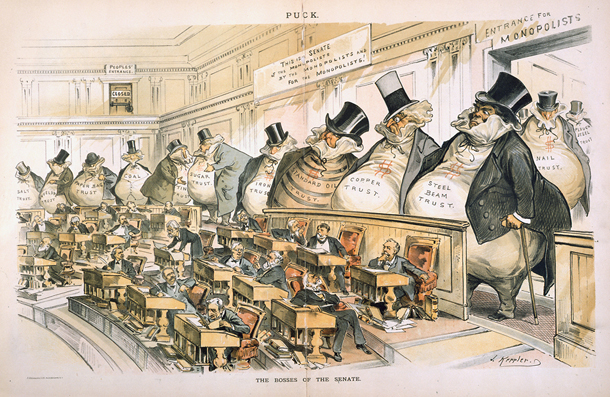Bonus: ‘No one’s safe from Mr. Steal Yo Girl!” (i.reddituploads.com)

~

It’s a sad fact that multinationals have been allowed by our “democracies” to be the authors of the laws under which they operate, whether in the United States or in Canada.
And oil companies in particular always want more reserves, guaranteeing that our planet will cook; for the industry has announced and promised shareholders that it is determined to burn five times more fossil fuel than our planet’s atmosphere can absorb.
In Canada, corporations are not required to disclose how much money they spend on lobbying, and many of Prime Minister Harper’s appointees have ties to the oil industry. Harper is all about money and using it to stay in power, and seems utterly unconcerned about the environment and the climate crisis.
In both the United States and in Canada the oil companies have tried to sow doubt about climate change, when, like the tobacco companies of the past, they have known the scientific truth—in this case that their carbon emissions are causing it! Meanwhile sea levels continue to rise, wildfires in drought areas of both countries have reached massive proportions, and higher temperatures mixed with greater air pollution are causing a costly health crisis—particularly in the old and young.
But there are solutions. Scientists say that half of the industrial carbon emissions have been released since 1988. It is clear that such things as Exxon Mobil funding “research,” which disseminates misinformation about climate change, must stop! More to the point, oil companies should be made to pay for their share of climate damages and for climate preparedness. A steep carbon tax would be one way to do this.
The present climate crisis is triggering self-preservation instincts in almost all citizens in both the U.S. and Canada. There is a growing desire to nurture civic involvement in order to retake control over coal-burning utilities and switch to renewables. Many cities are divesting their holdings of fossil fuels and are passing anti-fracking ordinances. On the East Coast there is a strong desire to build sturdy sea walls.
There is a growing awareness that large spills are a statistical certainty with all pipelines, devastating sensitive ecosystems, poisoning drinking water and damaging local economies. The recent oil spill near Fort Murray and the Oil Sands of Alberta is a case in point—with so-called “brand-new, state of the art double-lined pipeline and sensors” neither able to prevent the spill nor able to make anyone aware that it was spilling for days!
Simply put, fossil fuel emissions must be cut from current operations. With low worldwide oil prices no longer able to be keystones of either the U.S. or Canadian economies, now is the time to divest from fossil fuels and to diversify into renewable energy and green innovations. Solar panels are plunging in cost and rocketing in efficiency, making them almost at parity with polluting fossil fuels.
Furthermore, politicians must be prohibited from receiving donations from the industries they regulate, and political donations need to be fully disclosed and capped. Ideally, elections should be publicly funded in a genuine democracy. Campaigns must be given the right to access the public airways.
Otherwise the monetary and political power of the fossil fuel industry censors all these efforts, just as they have resisted any rules or regulations that cut into their profits in the past. If the fossil fuel companies are going to help pay for the shift to renewable energy and for the broader costs of a climate destabilized by their pollution, they will have to be made to do so by law—just as the tobacco companies were made to pay the costs of helping people quit smoking.
The governments of the United States and Canada need to set an example in implementing green policies, in funding unbiased research, subsidizing environmentally forward-thinking companies and technologies, and creating opportunities for green investment and innovation. For the private sector is ill-suited to taking on such large green investments, because the profit margins that attract private players are not there yet.
Nevertheless, in the absence of federal leadership, provincial, state and municipal governments are already doing a great deal. 2014 was the first year in which global investment in renewable energy was larger than investment in fossil fuels. This is a very promising sign.
Relephant:
There’s No Planet B.
~
Author: Linda Lewis
Editor: Travis May
Photo: Wikimedia


Read 2 comments and reply